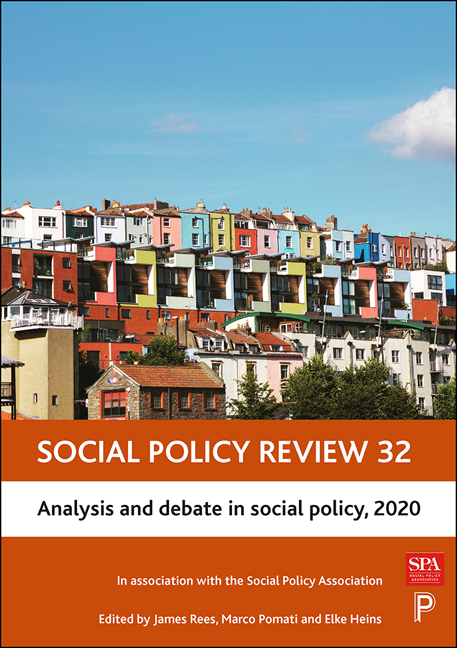3 - Young People as Cultural Critics of the Monocultural Landscapes That Fail Them
Published online by Cambridge University Press: 18 March 2021
Summary
Introduction
The so-called English ideal excluded most of the population from the identity with which they had been born. (Paxman, 1999: 177–8)
This chapter focuses on the experiences and views of British Muslim young women and their solutions to the limitations embedded in the monocultural mindsets organising the public spaces of their urban landscape. The data come from a recent research project mapping the needs of young people who are members of the Young Asian Voices (YAV) youth project in Sunderland (Bowler and Razak, 2017). Their narratives were conscious of place and identified how longstanding racialised ideas connecting whiteness as belonging, pervasive in the local monoculture, act as an impediment to opportunities for a multi-vocal intercultural present.
In 2012, the British government introduced a policy to make the social landscape of the nation a hostile environment. The hostile environment policy took shape when Theresa May was Home Secretary, under a secretive Home Office working group titled the ‘Hostile Environment Working Group’ (Elgot, 2018). Theresa May was two years into her job as Home Secretary when she told The Telegraph in 2012 that her aim ‘was to create here in Britain a really hostile environment for illegal migration’ (Grierson, 2018). As Liberty (2018: 5) have argued: ‘The hostile environment is a sprawling web of immigration controls embedded in the heart of our public services and communities.’
This narration of the hostile environment and the ‘new forms of intersectional racist practices’ arising from it (Yuval-Davis et al, 2018: 241) has been identified as contributing to the spikes in racial and religious hate crime arising from the Brexit referendum (Bowler, 2017). The argument here is that acts of racism and processes of racialisation emerge from and are woven into political, cultural and social formations dominant in society. A difficulty for the British-Asian Muslim Mackem young women in Sunderland is the impact of the dominant political discourse that has posited the idea of Britain as a neoliberal post-racial state (Garner, 2016), despite racist violence becoming normalised (Fekete, 2019).
In contemporary Britain, some spaces operate as contexts described as super-diverse (Vertovec, 2007; Wessendorf and Phillimore, 2018), while others have been experienced and named as monocultural ‘failed spaces’ (Thomas et al, 2018: 262).
- Type
- Chapter
- Information
- Social Policy Review 32Analysis and Debate in Social Policy, 2020, pp. 51 - 70Publisher: Bristol University PressPrint publication year: 2020



